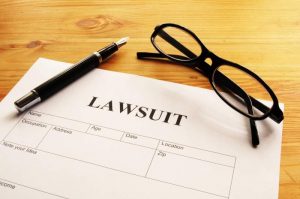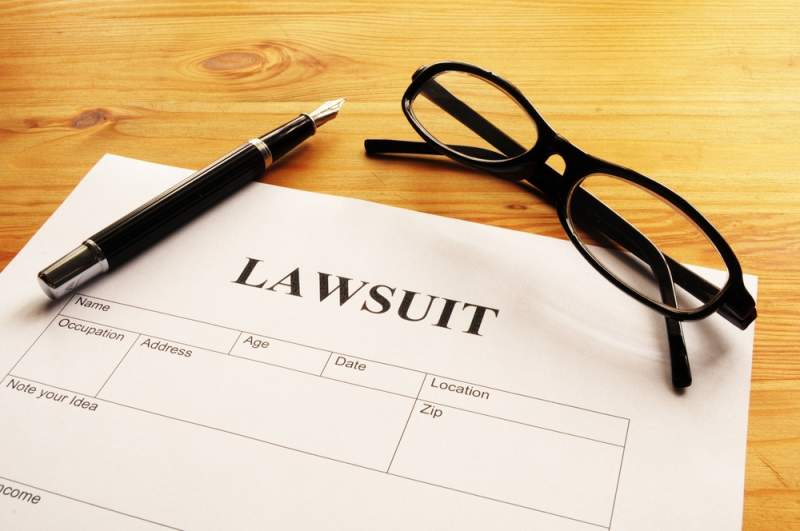Premier Protein Lawsuit
In 2018, Premier Nutrition Corporation (“Defendant”) and Plaintiff announced a $9 million settlement to resolve a nationwide class action lawsuit. One St. Louis Accident Lawyer stated that the lawsuit alleged that Premier Protein ready-to-drink protein shakes may not include as much protein as the company showed in their product labeling and advertising. They stated on the label that their product contained 30 grams but it was found to contain two to five grams less. The defendant denied that it did anything wrong.
How Much Can Class Members Claim?
Various sources in social media indicate that top Class Action viewers are receiving settlement checks of up to $17.20 from Premier Protein. The terms of the class action settlement allow Class Members to claim up to $40. Premier Protein had initially offered coupons and cash payouts to Class Members but changed their minds. They decided to set up the $9 million cash fund instead.
Eligible Class Members
You can only be a Class Member if you are a person in the United States who purchased Premier Protein Ready-To-Drink protein shakes between August 8, 2011 and October 12, 2018.The protein shakes from the company that are included in class action settlement are:
- Cookies & Cream
- Peaches & Cream
- Banana & Cream
- Organic Chocolate
- Caramel
- Vanilla
- Chocolate
- Strawberries & Cream
- Mixed Berry
- Organic Vanilla
Plaintiff Arguments
 The Premier Protein class action lawsuit indicates that each drink from the company is labeled as containing 30 grams of protein. The plaintiff also allege that since the companies protein sources included Milk Protein Concentrate, Whey Protein Concentrate, and Calcium Caseinate, the company was capable of including the proper amount of protein in each drink.
The Premier Protein class action lawsuit indicates that each drink from the company is labeled as containing 30 grams of protein. The plaintiff also allege that since the companies protein sources included Milk Protein Concentrate, Whey Protein Concentrate, and Calcium Caseinate, the company was capable of including the proper amount of protein in each drink.
The class action lawsuit indicates that the labeling was misleading to health-conscious consumers and fitness buffs. The plaintiff argued that the company advertized high amounts of protein in their shakes to take advantage of the trend where fitness buffs add protein to their diet. The plaintiff argued that consumers would not have purchased the beverages had they known that they did not contain 30 grams of protein.
Injury Attorney Articles
- St. Louis Car Accident Law Firm
- Find Top Rated Personal Injury Lawyers in Missouri
- If you have been injured by a dangerous product, or feel you are a victim of the negligence of Big Business, then contact an attorney today.
How Food Labeling Claims Lead To Class Action Lawsuits
There are several potential trouble spots for food and beverage manufacturers when it comes to labeling products. Some of the examples include:
- No added sugar: There are several juice brands that have been sued for claiming 100% no added sugars
- Added sugar: Several brands that have products that contain 20 grams of added sugar have been sued for claiming that their products are nutritious and wholesome.
- Processed foods that contain veggies and fruits: Brands have found themselves facing lawsuits for claiming that eating their processed food product is equivalent to eating real vegetables and fruits.
- Natural products: There are no clear FDA regulations that can help define what is natural. This means that brands that make natural claims are at high risk of facing lawsuits. For example, claiming that genetic engineered cow feed that contains trace levels of pesticide residue is natural can lead to class action lawsuits.
- Omitting ingredients from a product: Omitting an ingredient even if it only forms a small percentage of the product can lead to lawsuits.
